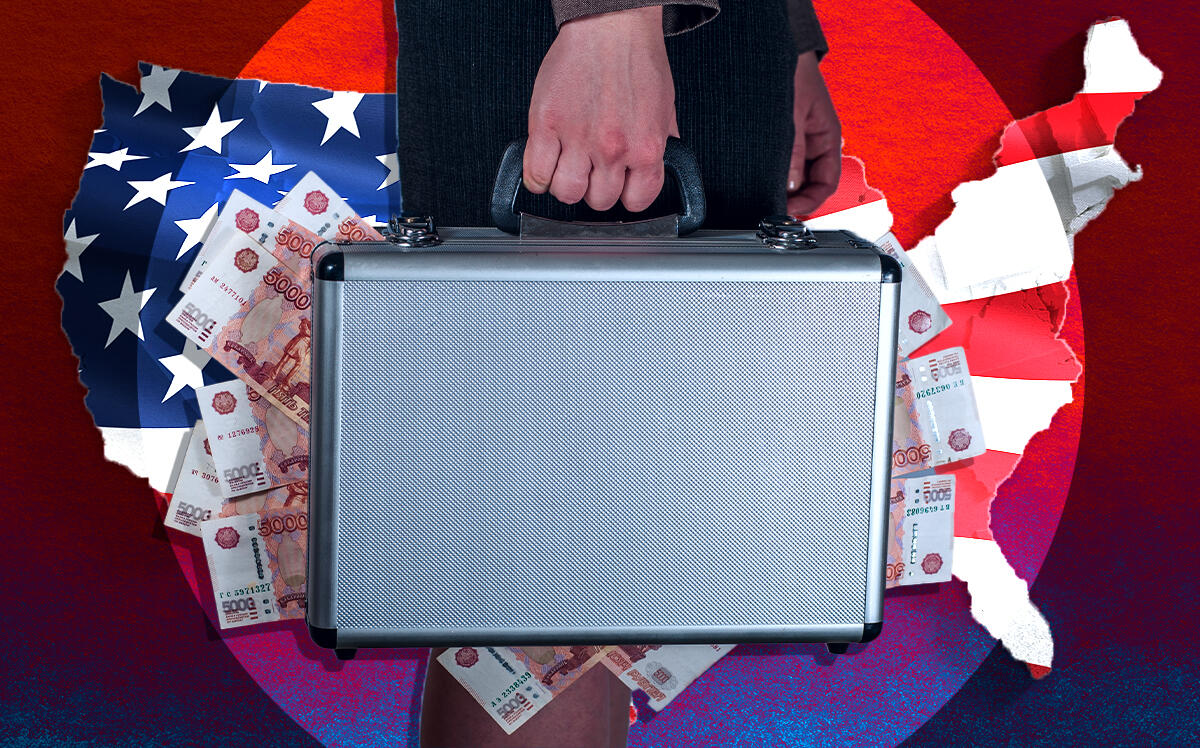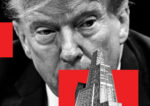Trending
As Russians seek a haven for assets, access to U.S. real estate won’t be easy
The nation’s wealthy citizens are trying to move their money abroad, but sanctions will make doing so a challenge

News reports from Russia this week show people lining up at ATMs and banks in a rush to withdraw cash as sanctions from Europe and the United States plunge the Russian Ruble to record lows.
Some are now seeking to move their money overseas. An attorney who has worked with Russian buyers said many wealthy people — not oligarchs, but people of considerable means — are trying frantically to get their money out of the country and into real estate.
“I’ve had several people reach out to see what they can buy,” the attorney said. “Unfortunately, I don’t think they’re going to be able to get their money out.”
Transferring funds out of Russia and into American real estate will be difficult for a number of reasons. The U.S. has already sanctioned several oligarchs as well as Russia’s two largest banks, and the E.U. cut seven Russian banks out of SWIFT, a global financial messaging system that facilitates money transfers between banks.
Faced with the threat of a run on the country’s banks, Russia’s central bank has more than doubled its key interest rate and announced capital controls temporarily banning brokers from selling securities held by foreign citizens.
But Russians who have the means will likely seek to move money abroad. There are no sanctions or laws that expressly prohibit Russians from buying real estate in the U.S. And some financial sanctions have yet to take full effect. U.S. banks still have weeks before they must cut their ties with Russia’s largest bank, Sberbank.
In times of instability, real estate investors look for a flight to safety. For years, Miami’s luxury real estate market was fueled in part by South American investors looking for a hedge against currency fluctuations. Venezuelan elites have used shell companies to funnel money into luxury properties in New York and South Florida, including high-end condos in Sunny Isles Beach and equestrian estates in Wellington.
While Russian buyers have spent millions on trophy condos and townhouses in Manhattan, Russian investment is not a major part of New York’s commercial real estate market.
MSCI Real Estate’s Jim Costello told NBC he could identify six Russian-headquartered organizations and people with $1.2 billion in U.S. commercial real estate — a drop in the bucket compared to the $809 billion in commercial properties sold last year alone.
But some are projecting an uptick in investment.
“We (the U.S.) are likely going to see an inflow of financing from Russia,” said Casey Michel, a journalist and author of the book “American Kleptocracy.”
Much of this money will make its way into real estate, Michel said, adding that people in neighboring countries such as Kazakhstan and Azerbaijan, whose economies are linked to Russia’s, could also look to invest in property abroad.
Aleksey Shtivelman, an attorney in the Miami office of Shutts & Bowen who focuses on international disputes, said he also expects Russian money to come to the U.S., specifically to Miami.
“In South Florida the market is really hot,” he said. “Not only is it a safe asset, but there is potential for money to be made.”
But even if the transfers are legal, U.S. banks will likely be wary of accepting money from a Russian bank, in light of the “know your customers” principle in U.S. banking rules. Banks could decide it’s simply not worth the hassle of additional due diligence, according to experts.
“Everyone who comes to you is a potential risk,” said Andrew Ittleman, an attorney and anti-money laundering expert with Fuerst Ittleman David & Joseph in Miami.
Still, many Russians also already hold accounts in Europe and overseas.
“It’s totally normal for Russians to house money outside of Russia,” said Louise Shelley, who directs the directs the Terrorism, Transnational Crime and Corruption Center at George Mason University.
And while U.S. real estate has long been a haven for foreign investment, Russians could also move money to other countries that have not imposed sanctions. For instance, the Israeli business news publication Calcalist reports that lawyers and family offices are seeing a surge of interest from Russians seeking to invest in Israel, which has long connections to Soviet-born developers such as Lev Leviev’s Africa-Israel.
The U.S. government also announced it would crack down on “golden passports,” likely a reference to the EB-5 visa program that provides foreign investors the opportunity for a green card in exchange for financing U.S. businesses — frequently commercial real estate developments. That program will be shut off to Russian investors for some time, but other countries that offer actual citizenship in exchange for investment remain an option.
The U.S. government has thus far focused much of its attention on assets held by Russian oligarchs, with President Joe Biden announcing Tuesday the formation of a federal task force to “find and seize their ill-begotten gains.”
“Oligarchs be warned: we will use every tool to freeze and seize your criminal proceeds,” wrote U.S. Deputy Attorney General Lisa Monaco in a statement Wednesday.
But finding those assets will be easier said than done.
“Dirty money is a gas,” said Casey. “If you push it one way, it will go another.”




